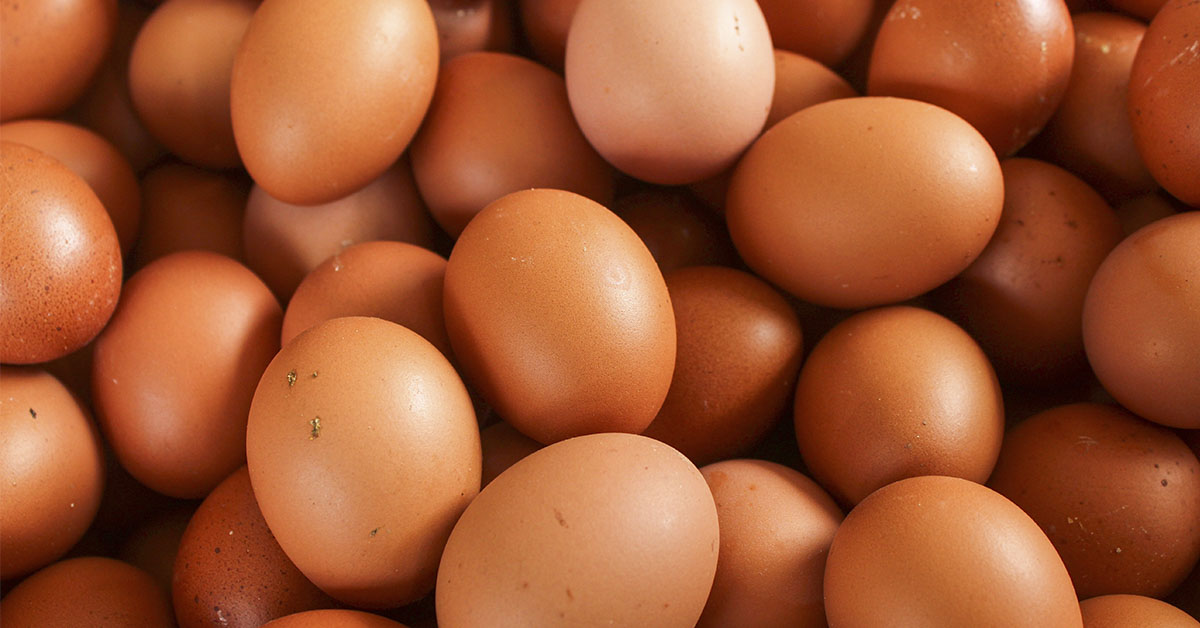When buying eggs, most people toss a carton into their cart without thinking twice. But making a mindful choice is more important than you may realize. From misleading labels to poor storage conditions, several factors can affect the quality, safety, and nutritional value of your eggs. To ensure you bring home the healthiest and freshest option, there are key things you need to check first. Whether you’re feeding a family or just planning your weekly breakfasts, here are five crucial things to look out for before buying eggs, plus a few added insights into their health perks and unexpected uses.
1. Don’t Trust the Label Alone

Words like “natural,” “farm-fresh,” or even “cage-free” might sound reassuring, but they can be highly misleading if you don’t know what they really mean. These labels often give the impression that the hens roam freely on green pastures and live healthy, stress-free lives. In reality, “cage-free” simply means the birds aren’t in cages, but they are usually still confined indoors in large, crowded barns with limited space to move. They often never see daylight or experience natural foraging behaviors. The term “free-range” suggests outdoor access, but without regulation, that could mean just a small, concrete porch that only a few birds ever reach. This kind of labeling relies on assumptions, not facts.
When buying eggs, it’s smarter to focus on certifications that require higher animal welfare standards. Labels like “Certified Humane,” “Animal Welfare Approved,” or “Pasture-Raised” backed by organizations such as Certified Humane or Vital Farms, for example, carry more weight. These certifications ensure that the hens have real outdoor access, more room to move, and a more natural diet, which often results in better egg quality. Studies have shown that eggs from pasture-raised hens contain more omega-3 fatty acids, vitamin D, and beta-carotene than those from confined birds. By choosing certified brands, you’re not only supporting ethical farming but also getting more nutritional value. It’s worth reading the fine print and doing a quick brand check before putting that carton in your shopping cart.
2. Check the Julian Date, Not Just the Expiration

Most cartons display a “sell-by” or “best by” date, but these don’t always indicate true freshness. Instead, look for the Julian date, a three-digit code that represents the day of the year the eggs were packed. For example, January 1st would be 001, and December 31st would be 365. The closer that number is to the current day, the fresher your eggs are. This tip helps you avoid older stock that may be nearing its shelf life.
3. Avoid Cracked Shells

Always open the carton and inspect each egg. Cracks can let bacteria enter, especially harmful ones like salmonella. Even if the eggs look intact from above, turn them to check for hairline cracks underneath. If you find any broken or oddly colored eggs, it’s best to grab another carton. Good retailers will appreciate customers helping keep food safety in check.
4. Skip Bleached or Washed Eggs When Possible

In the U.S., eggs are often washed with chemicals to remove dirt, which also strips away the egg’s natural protective coating. That’s why refrigeration is needed here, unlike in many other countries. When buying eggs, seek brands that use minimal processing or clearly explain their cleaning methods. Some local or organic farms avoid bleach entirely and leave the bloom intact, giving eggs a longer natural shelf life when stored correctly.
5. Beware of Bargain Brands with Poor Nutrition

Not all eggs are created equal when it comes to nutrition. Chickens raised on a natural diet with access to bugs, plants, and sunshine produce eggs with higher levels of omega-3s, vitamin D, and antioxidants. Cheap commercial eggs often come from hens fed processed grains in artificial lighting conditions. These eggs tend to have pale yolks and lower nutrient content. Spending a little more for pasture-raised or organic options can provide better value nutritionally.
The Health Benefits of Eggs in Your Diet

Eggs are one of the most nutrient-dense foods available. A single large egg contains around 6 grams of high-quality protein, plus essential vitamins like B12, D, A, and E. They’re also rich in minerals such as selenium, iodine, and choline, which supports brain function. Contrary to old myths, moderate egg consumption does not raise cholesterol in most people. Studies show eggs can actually improve your cholesterol profile by raising HDL, the “good” kind. Whether scrambled, poached, or hard-boiled, eggs help you feel full longer, making them ideal for weight management and muscle repair.
Creative Ways to Use Eggs and Their Packaging

Eggs have more uses than just breakfast. Crushed eggshells can be sprinkled into your garden as a natural fertilizer, providing calcium to plants like tomatoes and peppers. They also help deter pests like slugs. Inside the home, ground eggshells can be added to compost or even used as a mild abrasive cleaner for pots and pans. Don’t toss the cartons either. Cardboard egg cartons make excellent seed starters for your garden. Just fill them with soil, plant seeds, and water until the seedlings are ready to transplant.
Conclusion

Buying eggs seems simple, but small choices can make a big difference. By reading labels carefully, checking dates, and avoiding poor-quality options, you can ensure you get the freshest and most nutritious eggs possible. Along with their many health benefits, eggs and their shells can serve useful roles in your kitchen and garden. So the next time you head to the store, take a few extra seconds to inspect your carton. A little awareness goes a long way in making smarter, healthier choices for your household.
Disclaimer: This article was created with AI assistance and edited by a human for accuracy and clarity.
Read More: How Many Eggs Should You Eat Per Day, According to Research

